
News writer
Over the past couple of years, there has been a growing trend in the U.S. lottery, a national pastime, in which states are adding extra draws to existing games or even enabling daily play. How do these changes affect not only players but also state governments that use the revenue they generate with the lottery to fund various public services?
The following states have added additional draws to their games last year:
- Colorado: The Colorado Lottery added a Monday draw to the Lotto+ game on September 25, 2023. This game is drawn on Mondays, Wednesdays, and Saturdays at 7:35 p.m.
- DC: The DC Lottery added new draws to DC-3 and DC-4 on August 13, 2023. Both games will now be drawn daily at 1:50 p.m., 7:50 p.m., and 11:30 p.m. As yet, no changes have been made to the schedule of DC-2 and DC-5 games.
- Delaware: The Delaware Lottery's MultiWin Lotto became a daily game on October 2, 2023. Games are drawn daily at 7:57 p.m.
- Mississippi: The Mississippi Lottery expanded the Match 5 games to daily drawings. This went into effect on September 10, 2023. Match 5 draws are held daily at 9:30 p.m.
- New Hampshire: The New Hampshire Lottery added a third weekly Tri-State Megabucks draw on September 18, 2023. The extra drawing takes place every Monday at 7:59 p.m. The other drawings take place on Wednesdays and Sundays. This addition also affected Vermont and Maine.
- Massachusetts: The Massachusetts Megabucks game started being drawn three times a day, with the addition of Monday draws at 9:00 p.m. ET. This started with the draw for November 13, 2023.
This year, the trend continued with the Arkansas Lottery turning Natural State Jackpot into a daily game on April 21, 2024.
More ways to win and more winners
Adding extra drawings adds more excitement to the lottery games and leaves less time between drawings. This maintains momentum between jackpots and boosts the number of prizes awarded annually. But it's not just the players who are winning more; additional lottery drawings also benefit participating states.
History shows that adding extra games brings in more revenue. In August 2021, the Texas Lottery added a third weekly Powerball drawing. In 2022, the lottery pulled in $8.297 billion in ticket sales. This was a 4.6% increase in revenue compared to the previous year and enabled the Texas Lottery to contribute $3.1 billion to the state's Foundation School Fund in 2022.
In an interview with Lottery USA, Carolyn Becker, Assistant Deputy Director of Public Affairs and Communications for the California Lottery, explained that every decision that the CA Lottery makes is based on its dedicated mission to raise extra supplemental funding for public education.
Becker said:
Our business planners and leadership are constantly looking at ways to responsibly maximize revenues for this purpose.
In August 2021, Powerball added a Monday night draw, going from two to three drawings per week. According to Becker, weekly Powerball sales from this expansion grew by an average of 10% in California.
Becker added:
With these positive results, CA Lottery is investigating whether adding draws to any of our existing in-state games would prove beneficial in generating more money for public education. For example, with Powerball drawing on Monday, Wednesday, and Saturday and Mega Millions drawing on Tuesday and Friday, there may be opportunities to add draws to our in-state lotto game, SuperLotto Plus, which currently has just Wednesday and Saturday draws.
It's worth noting that since the California lottery began in 1985, it has generated more than $41.5 billion for the state's public schools. After adding extra drawings, the Golden State raised a record of more than $2.07 billion for education in 2022.
The other states that have recently added extra draws are similarly dedicated to their lottery beneficiaries:
- Colorado: Since 1983, the Centennial State Lottery has contributed more than $3.4 billion to funding open space conservation, parks, and wildlife habitats.
- DC: Since 1982, the District of Columbia Lottery has contributed more than $2.3 billion to its General Fund, which supports education, public safety, parks and recreation, housing, and child and senior services.
- Delaware: Since 1974, The Diamond State Lottery has contributed more than $6.0 billion to the state's General Fund, which supports public education, public safety, and healthcare for families and seniors.
- Mississippi: Though a relative newcomer to the lottery scene, since 2018, the Magnolia State has contributed more than $208.4 million to the state's General Fund. This supports public education and infrastructure throughout the state.
- New Hampshire: Since its inception in 1964, the Granite State Lottery has contributed more than $2.64 billion to the state's General Fund, which supports public education.
It's clear to see that players are not the only ones to benefit from state lotteries. Each state donates a significant amount of its lottery revenue to providing services that would otherwise require additional tax dollars.
Although 50-60% of lottery funds end up as prizes in winners' pockets when it comes to allocating lottery funding, each state's Governor and lawmakers decide where the money is needed most each fiscal year. Common beneficiaries include public education, public safety, crime prevention, and veterans' services.
Why are lottery jackpots getting bigger?
There is no doubt that some lottery jackpots are getting bigger. In the past couple of years, players have had a chance at Powerball jackpots in the billions, with the largest to date being a $2.04 billion Powerball win on November 7, 2022, in California. But what is the cause of this sudden increase in jackpot prizes? The answer is multifaceted. Let's take a look:
- The structure of the game: According to J. Bret Toyne, executive director of the Multi-State Lottery Association, which runs Powerball, one reason involves the 2015 change to the game's matrix. Powerball players must match all six numbers to win the jackpot - that's five white balls and the Powerball. In 2015, Powerball added extra numbers to the red and white ball. This means players have less chance of hitting the jackpot.
- Interest rates: Another reason for bigger lottery jackpots over the past couple of years has been rising interest rates, said Akshay Khanna, CEO of Jackpot.com, which sells state lottery tickets.
Similar to savings accounts, higher interest rates allow jackpots to grow more quickly over time, he said:
The higher the interest rates, the more you're earning on that pool of capital.
Of course, this may shift once the Federal Reserve reverses its policy and begins cutting interest rates.
Lotteries' advertised jackpots are based on annuities, which in turn are based on interest rates. Interest rates rose sharply over the past year, and they took jackpot totals along for the ride.
Is there a negative side to additional lottery drawings?
In a 2022 interview, Keith Whyte, executive director for the National Council on Problem Gambling, pointed out that lottery games attract more players than other forms of gambling because of their large prizes, and many of them are players who would not gamble in other settings. He also points out that the lottery is a form of gambling, and like any other, it can lead to addiction. Whyte said:
The general public doesn't always see the lottery as gambling, both legally and psychologically. We know that people can develop gambling problems due to their lottery play; it may even be exclusively due to their lottery play.
The introduction of additional lottery drawings will likely continue throughout participating states in order to increase revenue for state beneficiaries such as schools and public services. Eventually, this must hit a threshold as the maximum number of drawings possible is reached and the increase in the size of jackpots will stop. Furthermore, depending on the way the interest goes over the next few years, prizes may even get smaller.
Some people may be concerned that adding additional drawings is encouraging people to gamble too frequently. It would seem that the majority of lottery players do not have a problem with extra drawings as they are free to choose whether or not to participate.
Whether or not your state has already implemented additional drawings or plans to do so in the future, remember to have fun with the lottery and play responsibly.
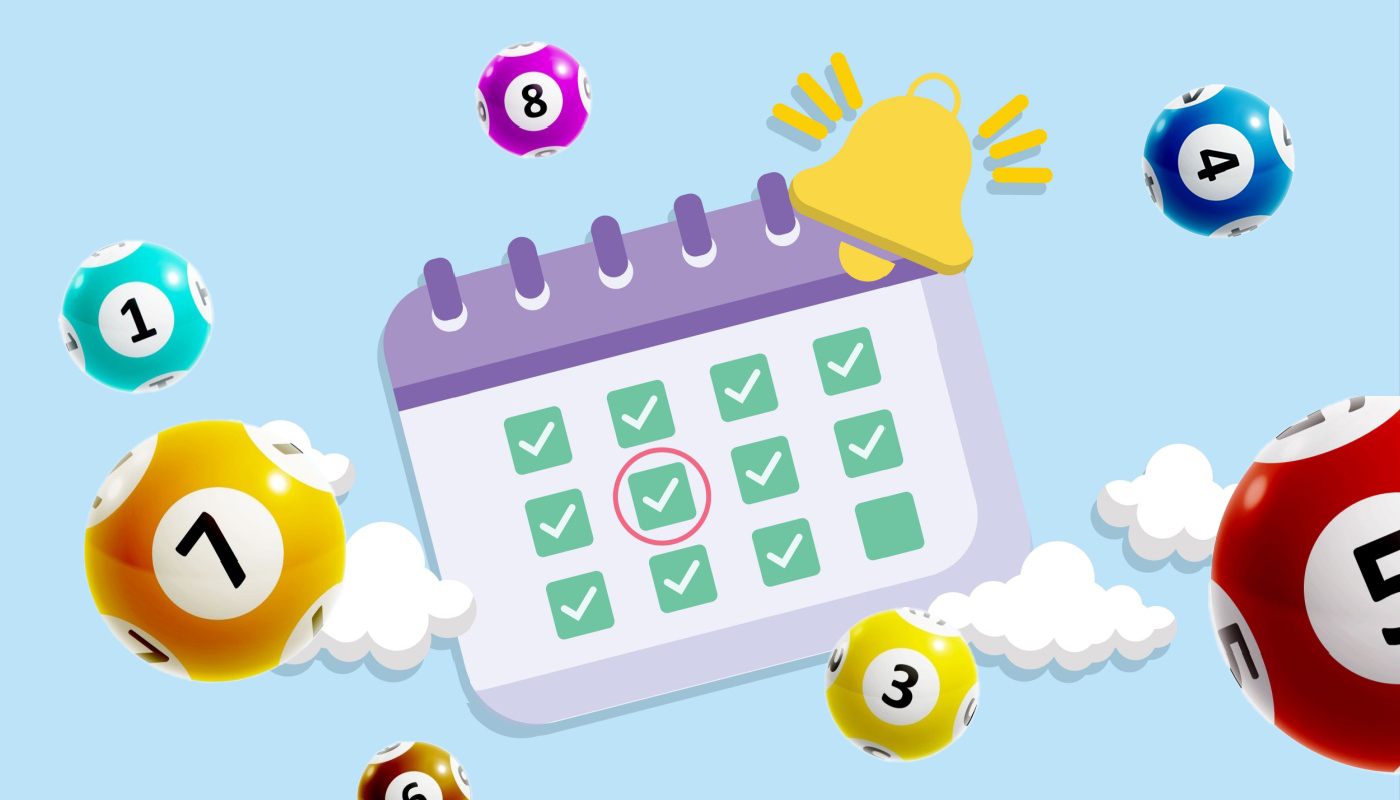
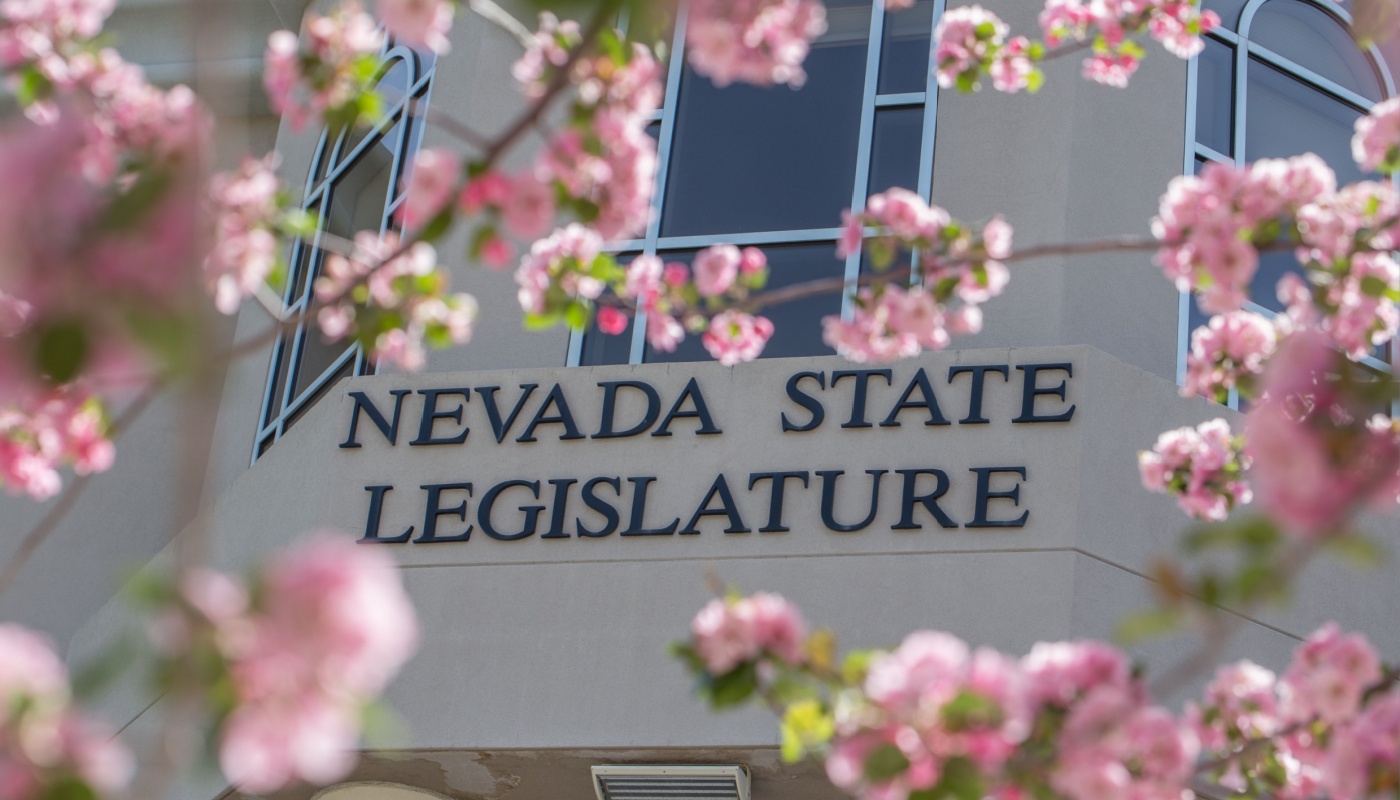

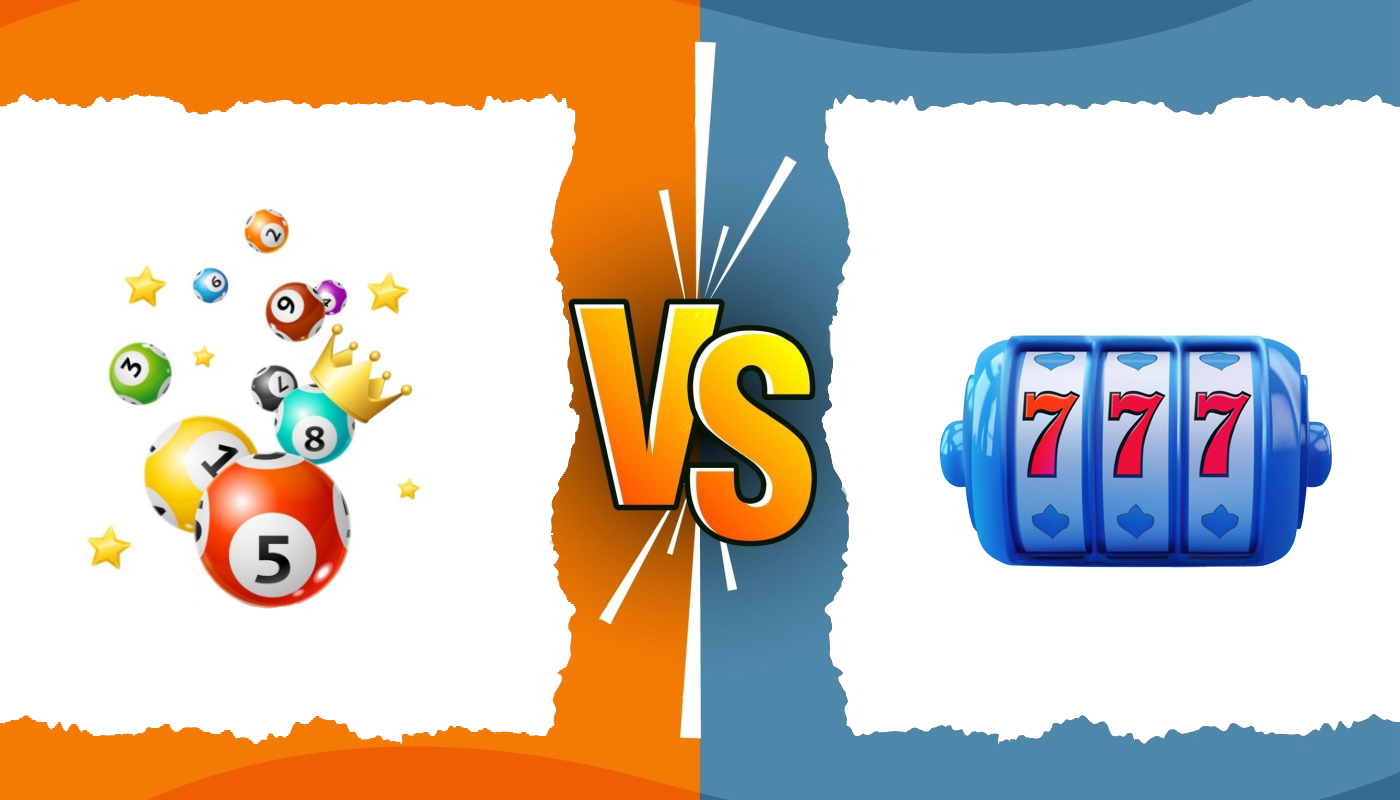



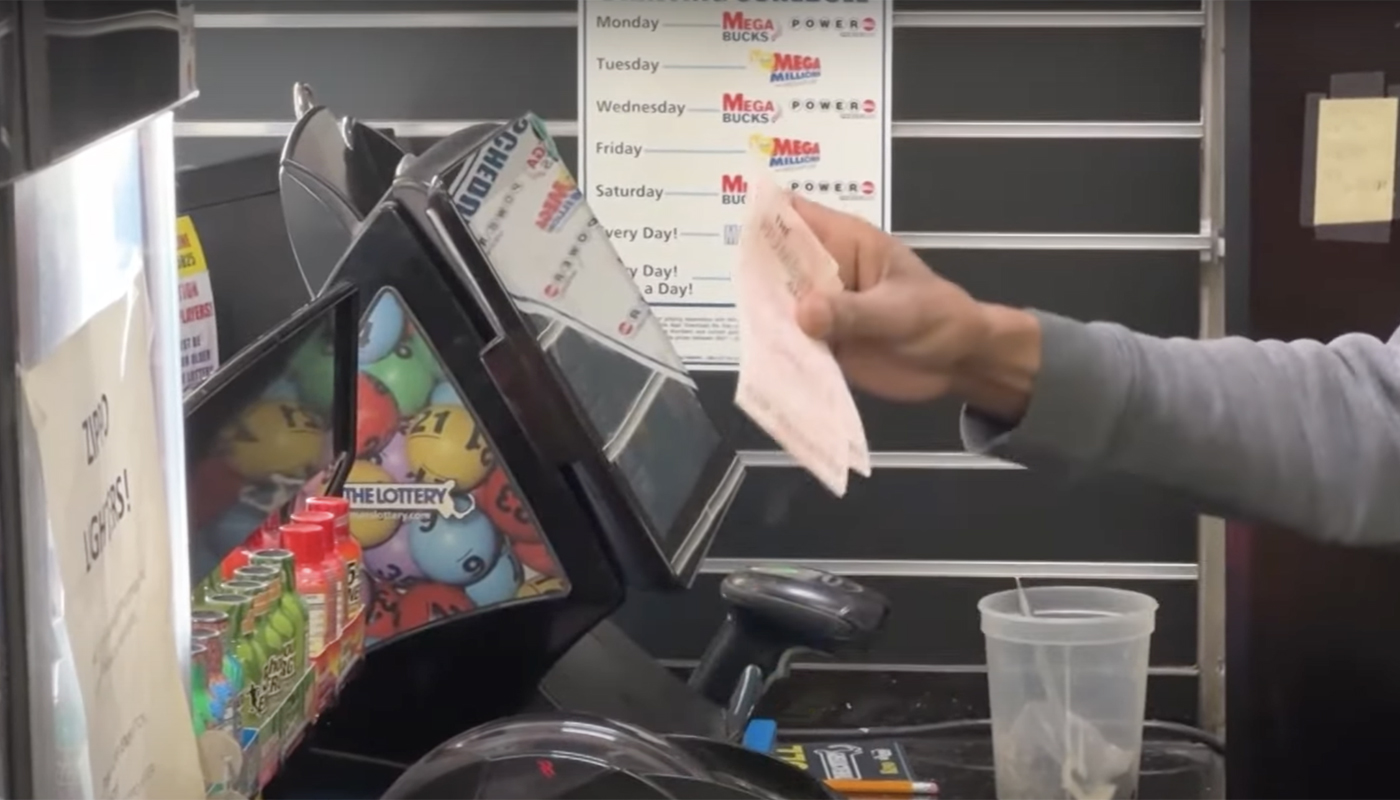

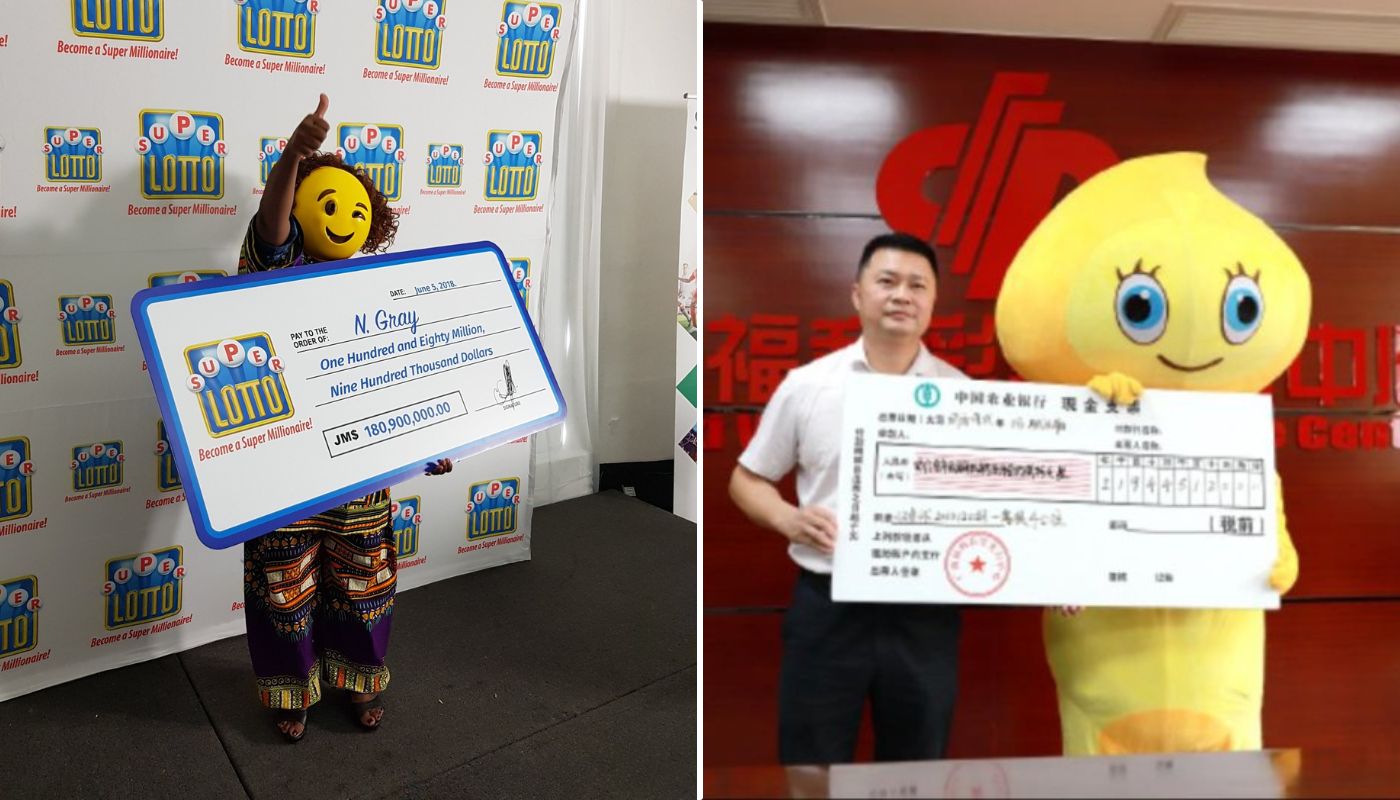
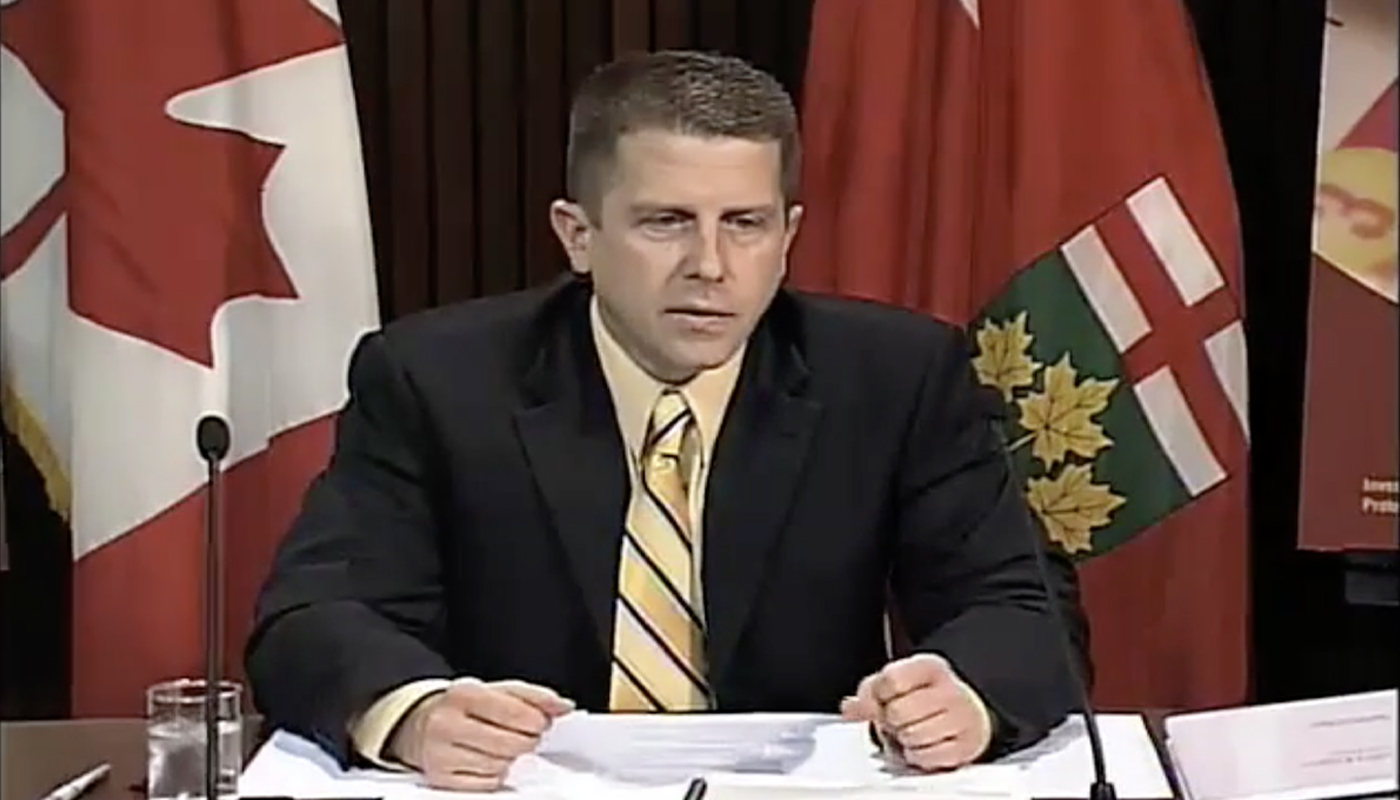








Comments